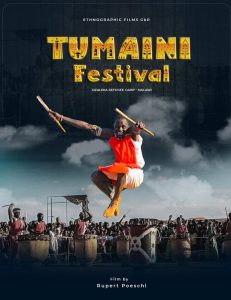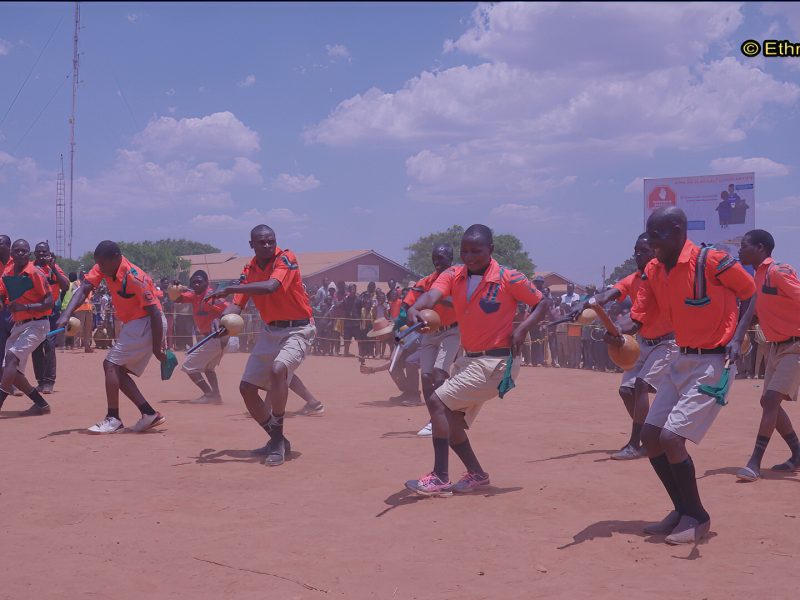In a world often overshadowed by strife and division, Tumaini Festival, directed by Rupert Poeschl, shines a radiant light on resilience, community, and hope. Set within the Dzaleka Refugee Camp in Malawi, this compelling documentary captures the essence of an extraordinary cultural festival founded in 2014 by Menes La Plume, a refugee hailing from the Democratic Republic of Congo. As the only cultural festival of its kind in a refugee camp globally, it brings together a vibrant tapestry of music, dance, poetry, and theater, encapsulating the spirit and creativity of its participants.
A Cinematic Tapestry
The cinematography in Tumaini Festival is a visual feast. Poeschl and his team employ rich, saturated colors to reflect the vibrancy of the festival. The camera dances through the crowd, capturing spontaneous moments of joy and creativity, creating an intimate connection between the viewer and the participants.
- Dynamic Camera Work: The use of handheld shots brings a sense of immediacy and presence, making audiences feel as if they are part of the festivities. The camera often lingers on the faces of performers, conveying a deep emotional resonance that transcends language.
- Lush Scenery: The backdrop of the Dzaleka camp, with its mix of makeshift structures and artistic installations, juxtaposes the harsh realities of refugee life with the beauty of human expression. The contrast adds depth, allowing viewers to appreciate the complexity of life within the camp.
- Artistic Expression: Visual arts, dance performances, and theater are captured with an artistic flair that highlights the creativity of the refugees. Slow-motion sequences during dance performances amplify the grace and rhythm, allowing audiences to savor each moment.

Life Beyond Survival
What sets Tumaini Festival apart is its commitment to revealing the everyday lives of refugees. Poeschl’s lens captures not just the vibrant celebrations but also the astounding survival strategies and self-help initiatives of the camp’s residents. The documentary serves as a poignant reminder that even in the face of adversity, joy and creativity can flourish. It highlights the resilience of individuals navigating the delicate balance between survival and hope, showcasing their strength and determination to create a better future.
Addressing Injustice
However, the documentary does not shy away from confronting the stark realities faced by refugees. It tackles the recent inhumane relocation policies and illegal deportations that threaten the fragile peace within Malawi. Through a powerful theatrical play staged during the festival, the film addresses these pressing issues, serving as a call to action for viewers to recognize and advocate for refugee rights. This aspect of the film adds a layer of urgency, reminding audiences that the struggles of these individuals are not just distant headlines but human stories deserving of empathy and action.
Conclusion: A Call for Unity
In summary, Tumaini Festival is more than a documentary; it is a celebration of humanity, resilience, and the enduring spirit of hope. It invites viewers to reflect on their own perceptions of refugees and challenges the narrative surrounding displacement. Poeschl’s masterful storytelling and artistic cinematography create a powerful experience that lingers in the heart and mind.
Rating: ★★★★☆ (4/5)
In a cinematic landscape often filled with despair, Tumaini Festival emerges as a beacon of positivity and a testament to the power of community. This film is a must-watch for anyone seeking inspiration and understanding in an increasingly complex world.



